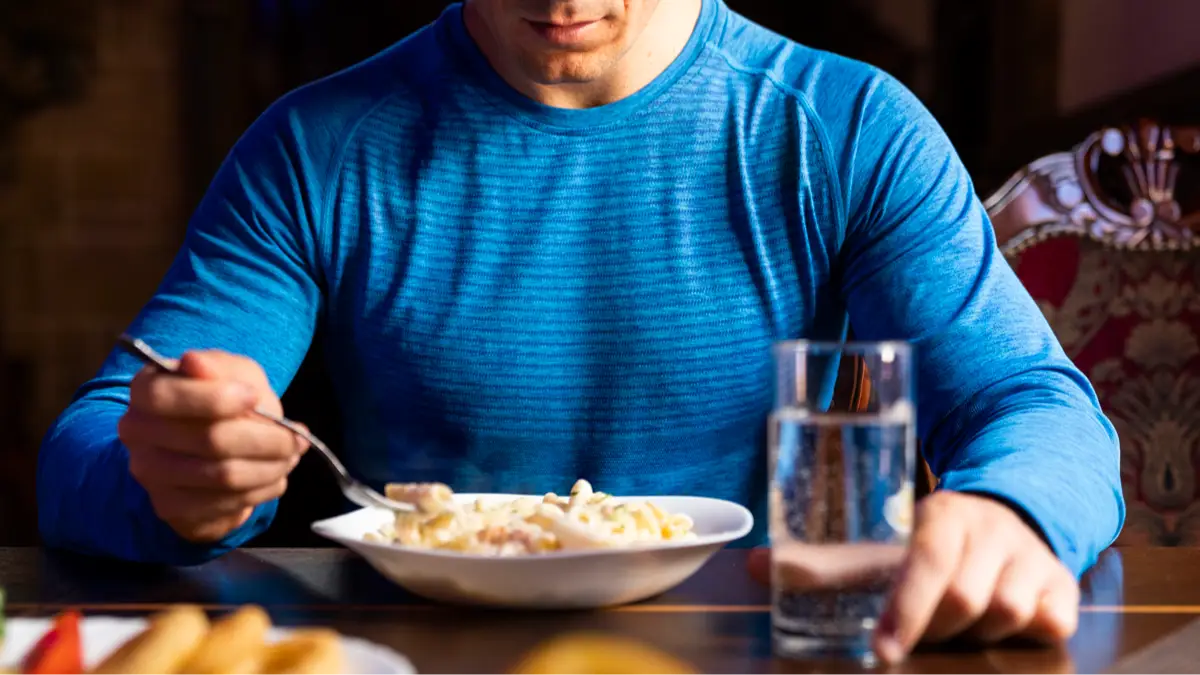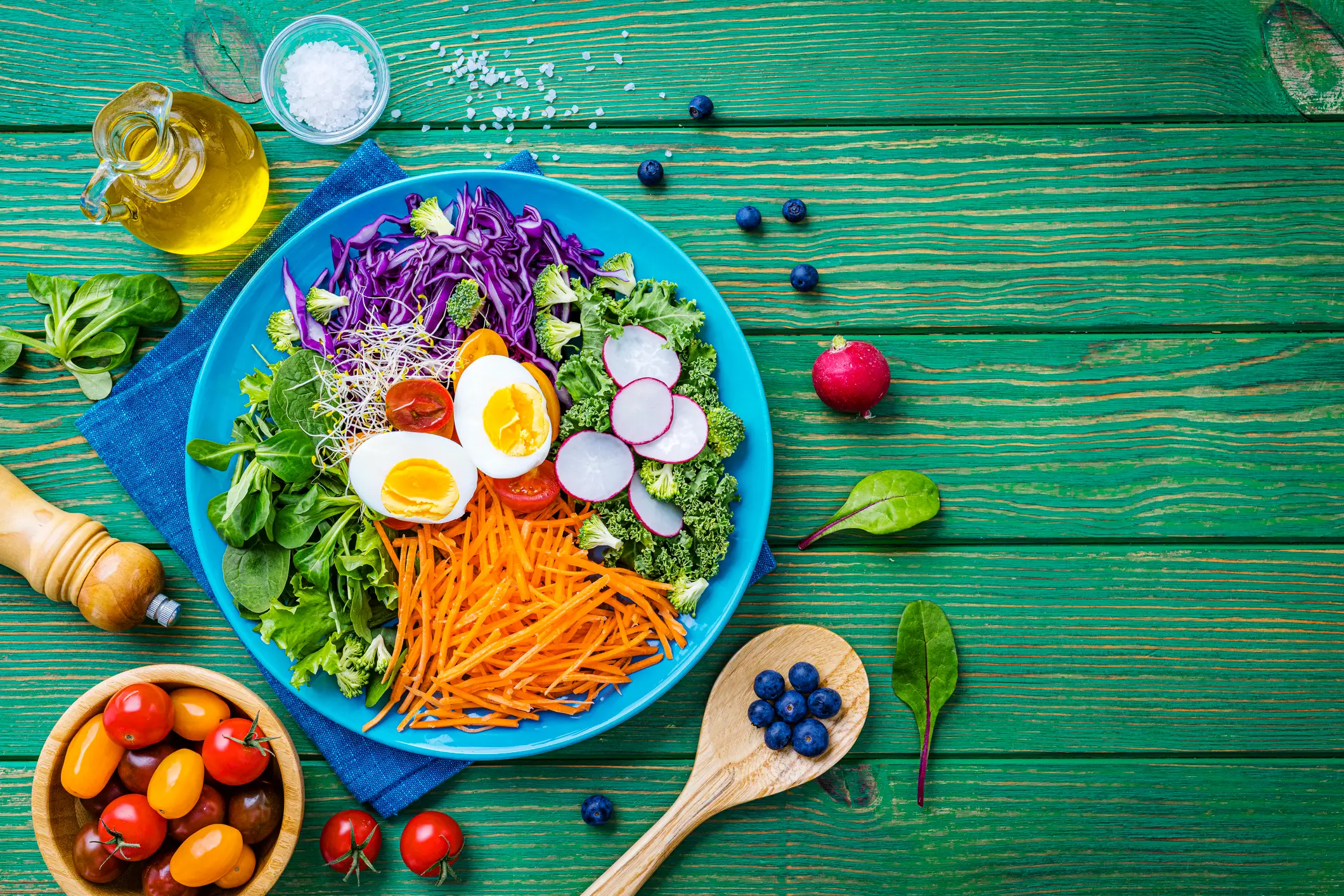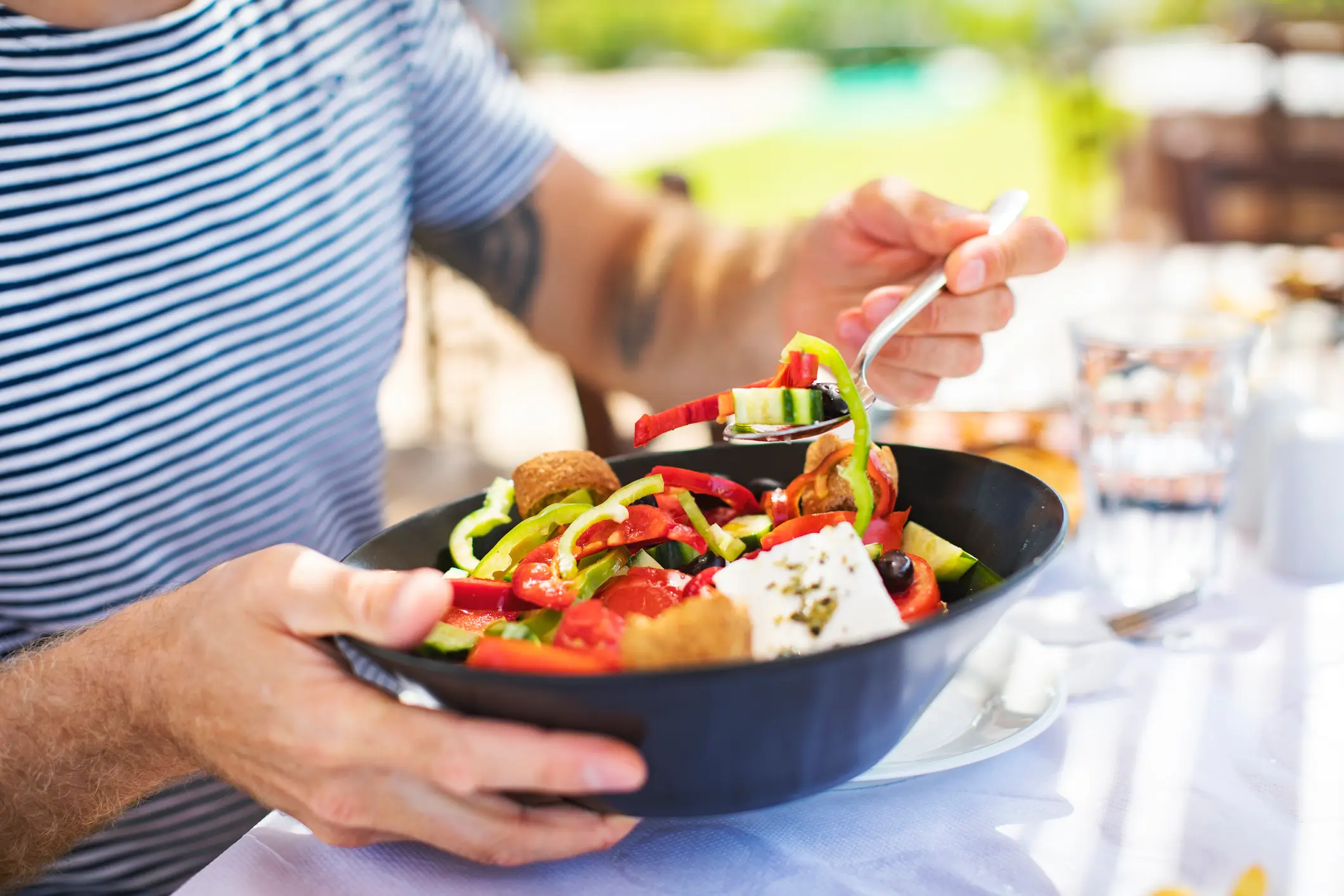
With prostate cancer being one of the biggest killers of men in the US, it's important to know how to do all you can to prevent it.
Fortunately, biologist Dr Permal Deo has detailed the one diet which he claims is the best option to incorporate into your eating schedule in order to combat the disease.
But first, let's just quickly run through the statistics, which have all been collated by the American Cancer Society.
As many as one in eight men living in the States will be diagnosed with prostate cancer at some point during their lifetime, while it is forecasted that every year, more than 35,000 men in the US fall fatal to this horrific type of cancer.
Advert
In fact, more than one in two men over the age of 65, or to be specific - six in every 10 men in that age bracket in America, receive a prostate cancer diagnosis.

So now we're all reading from the same hymn sheet, let's talk about Dr Deo's claims - these are that eating a 'rainbow' diet is the best way to prevent prostate cancer - which is the second biggest killer in the US of all the cancers, with lung cancer being the deadliest.
It incorporates colorful fruit and veg, and is similar to a Mediterranean diet as it has an abundance of micronutrients that help fend off the disease, while also assisting the recovery of prostate cancer patients who were already undergoing radiation treatment.
This is all thanks to two studies that detail how important a diet including these kinds of foods are, whether that's a Mediterranean diet or an Asian-style diet.
Dr Deo was one of the researchers looking into how vital a Mediterranean diet could be for fighting against the cancer, and co-authored the paper from the University of South Australia's Clinical and Health Sciences Unit.

Dr Deo said: "Our recommendation is to adopt a Mediterranean diet enlisting the help of a dietician because people absorb nutrients in different ways, depending on the food, the digestive system, the person’s genotype and possibly their microbiome.
"There is strong evidence that being overweight and tall increases the risk of prostate cancer. Diets high in dairy products and low in vitamin E, found in plant-based oils, nuts, seeds, fruits, and vegetables may also increase the risk but the evidence is less clear."
The study was the first of its kind analyze plasma concentrations of micronutrients and trace its elements back to prostate cancer.
Plasma samples were taken from 116 Caucasian men diagnosed with late onset prostate cancer, then 132 from South Australian population men who were deemed to share certain characteristics.
These were collected and subsequently analyzed to determine their concentration of micronutrients.

It found that patients with prostate cancer had low levels of lycopene, lutein, selenium and alpha-carotene, while also recording high levels of sulphur, calcium and iron.
On top of this, radiation exposure resulted in their DNA being damaged which was determined to be associated with low lycopene and selenium in blood plasma - which increases the likelihood of developing prostate cancer.
Selenium is rich in white meat, shellfish, fish, nuts and eggs, while lycopene is found in fruit and veg like peppers, tomatoes, papayas, peaches, grapes, cranberries, melons and watermelons, as well as in other orange, pink and red fruit.
Deo added that eating these types of foods that are naturally rich in selenium and lycopene is better than having to take supplements for the similar, but limited, results.
If you’ve been affected by any of these issues and want to speak to someone in confidence, contact the American Cancer Society on 1-800-227-2345 or via their live chat feature, available 24/7 every day of the year.